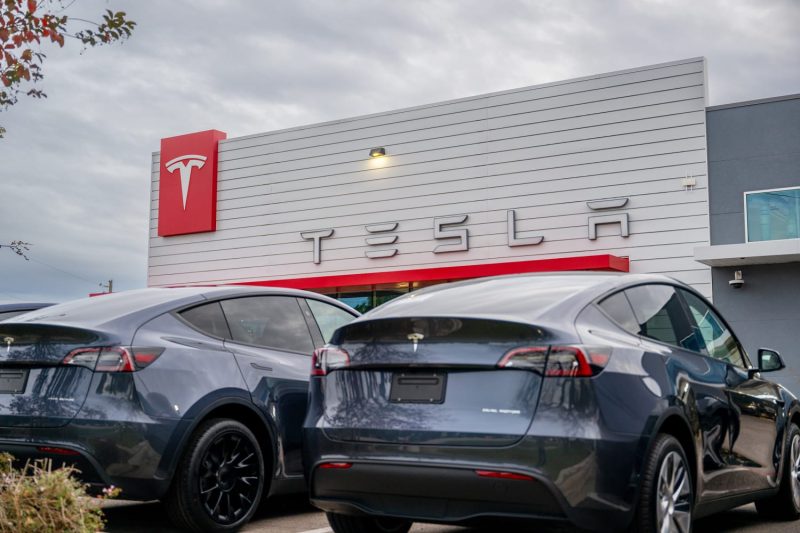
EU Cuts Tariffs on China-Made Tesla EVs and More: Big Win for Chinese Companies
The European Union has taken a significant step in promoting the adoption of electric vehicles by slashing planned tariffs on China-made Tesla EVs and other Chinese firms. This move is a part of the EU’s efforts to reduce carbon emissions and support the transition to greener transportation options.
One of the key factors driving this decision is the increasing demand for electric vehicles in Europe. As more consumers seek environmentally friendly alternatives to traditional gas-powered cars, the market for electric vehicles is rapidly expanding. By reducing tariffs on China-made electric vehicles, the EU aims to make these vehicles more accessible and affordable for European consumers.
The decision to slash tariffs on China-made Tesla EVs and other Chinese firms also reflects the EU’s commitment to promoting international trade and cooperation. By lowering barriers to trade, the EU is fostering stronger economic ties with China and other countries producing electric vehicles. This not only benefits European consumers by providing them with more choices in the electric vehicle market but also supports the global shift towards sustainable transportation practices.
It is important to note that the EU’s decision to reduce tariffs on Chinese electric vehicles comes at a time when the automotive industry is undergoing a significant transformation. With advancements in battery technology and a growing awareness of the environmental impact of traditional vehicles, electric vehicles are becoming increasingly popular among consumers worldwide. By facilitating the importation of China-made electric vehicles, the EU is helping to accelerate this shift towards cleaner and more sustainable transportation options.
In addition to promoting the adoption of electric vehicles, the EU’s decision to slash tariffs on China-made Tesla EVs and other Chinese firms also has broader implications for the automotive industry as a whole. By incentivizing the production and sale of electric vehicles, the EU is encouraging automakers to invest in research and development of new technologies that will further improve the performance and affordability of electric vehicles. This, in turn, can drive innovation in the industry and lead to the development of more efficient and sustainable transportation solutions.
Overall, the EU’s move to reduce tariffs on China-made Tesla EVs and other Chinese firms is a positive development for the electric vehicle market in Europe and beyond. By making electric vehicles more accessible and affordable, the EU is not only supporting the transition to cleaner transportation options but also fostering international trade and cooperation in the automotive industry. This decision underscores the EU’s commitment to sustainability and innovation and paves the way for a greener future in the automotive sector.
